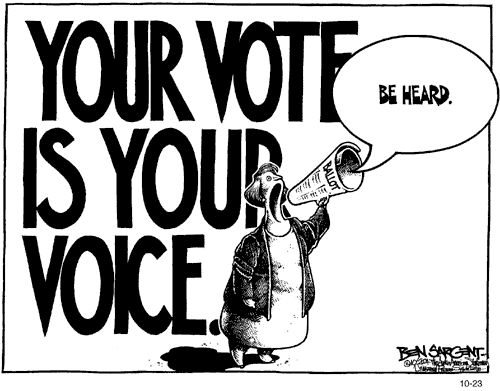By Anya Markovitz, Year 10
Caster Semenya, a South African runner and Olympic gold medalist, has faced her fair share of discrimination. As a gay black woman, she’s been predisposed to unfair treatment her whole life.
Then came a cruel challenge: she was told she couldn’t do what she’s good at. A ruling by the Court Arbitration for Sport prohibits her from racing against women due to the high levels of testosterone her body produces. The International Association of Athletics Federations argued in court that Semenya is “biologically male” and have prevented her from competing without reducing the natural testosterone in her body.
When an athletic prodigy first arrives at the sports scene, they are celebrated. Why shouldn’t they be? They excel in their field and should receive compensation for their high standard of practice. For example, swimmer Michael Phelps produces half the amount of lactic acid an average human would. This means he has a longer endurance, and along with double jointed ankles which give him a superior kick, he has a huge upper hand in his profession. He is praised for his “genetic advantage”; yet Caster Semenya is deprecated for a characteristic of the same genre.
Phelps wasn’t told to boost his lactic acid levels. Why should Semenya have to limit her natural testosterone pattern? Apparently blessings such as these are only considered lucky, and not unfair, for certain individuals. Cases similar to these can be seen in athletes like Serena Williams. Why are those different from the conventional image of a woman put down for their athletic ability, despite being strong and successful?
In 2009, Semenya was forced to undergo a “sex verification test”, which sounds like a violation of human rights. “I have been subjected to unwarranted and invasive scrutiny of the most intimate and private details of my being,” she said on the matter. In a world where women’s equality is being fought for in every aspect of life, Semenya’s case is especially important to all female athletes.
Athletics are all about biology. Genetic gifts shouldn’t be regulated, or treated as “unfair”. Semenya is appealing against the Court Arbitration for Sport’s decision and stated she would never take medication again as she did between 2010-2015, and rightly so.



